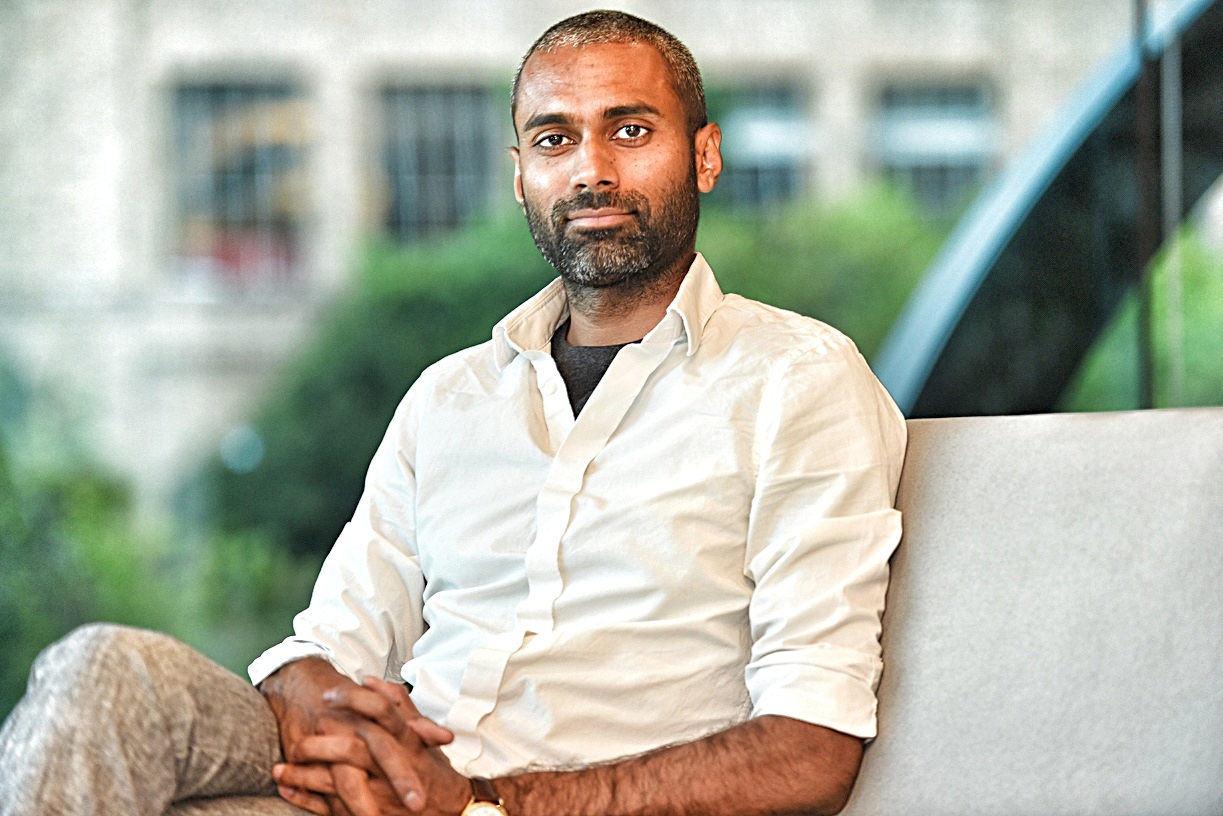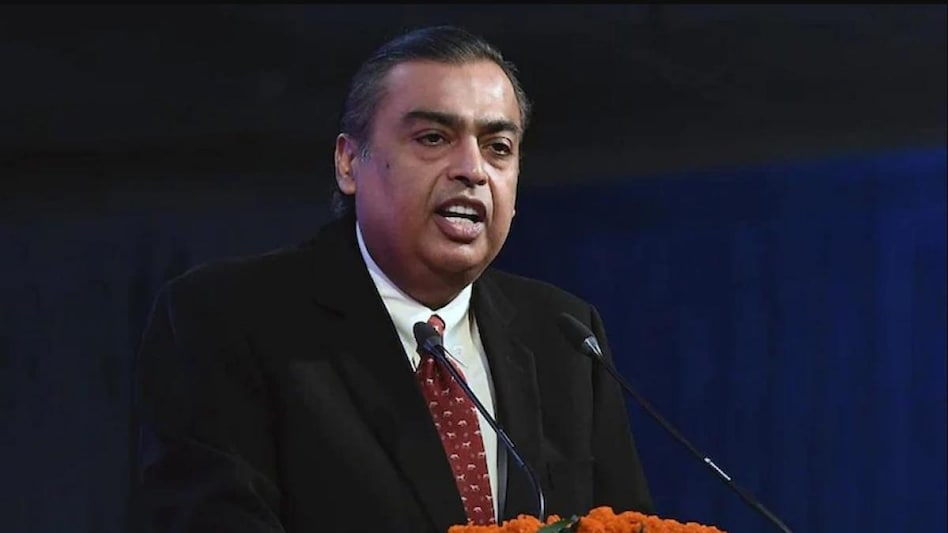India, a growing global force in technology and innovation, is at a critical crossroads as the world enters the Web3 age. The internet is experiencing a dramatic transition due to the arrival of blockchain technology and decentralised apps (dApps), which have the potential to revolutionise different industries. In this scenario, India must strategically position itself and actively engage in developing the future Web3. Hemant Mohapatra, a well-known technology expert, emphasises the importance of India’s participation in Web3 and underlines significant reasons why India must win the new Web3 internet.
Fostering Technological Innovation
Web3 provides a decentralised, trust-free environment that promotes innovation and entrepreneurship. India’s youthful and dynamic tech-savvy populace and its blossoming start-up culture may prosper in this new decentralised terrain. By embracing blockchain and dApps, India can foster domestic talent while attracting foreign investment. Using decentralised protocols, startups may experiment with new business models, crowdfunding techniques, and worldwide cooperation. Winning the Web3 would establish India as a hub of technological innovation and a prominent global player.
Empowering Citizens through Self-Sovereign Identity
The notion of self-sovereign identification, which allows people complete control over their personal data and online identities, is an essential component of Web3. In a world where data privacy and security are becoming more crucial, India may address these issues using Web3 technology. India can enhance its digital infrastructure, preserve people’s privacy, and allow secure and transparent digital interactions by implementing decentralised identity frameworks and blockchain-based solutions. This would help increase confidence in online transactions and strengthen India’s digital economy.
Democratising Access to Financial Services
Many of India’s population is still unbanked or underbanked, restricting their access to formal financial services. Web3 provides a possible answer by allowing DeFi apps that may deliver financial assistance to the unbanked and open up new economic prospects. With a large unbanked population and increasing smartphone penetration, India stands to profit significantly from DeFi. India can overcome the financial inclusion gap, encourage economic empowerment, and drive sustainable development by integrating DeFi with current financial institutions.
Ensuring Transparent and Efficient Governance
Through decentralised apps, Web3 has the potential to revolutionise governance processes by offering openness, accountability, and efficiency. As the world’s biggest democracy, India can use Web3 technology to improve the transparency and efficiency of government procedures. Blockchain-based solutions may be used to ensure the integrity of data connected to property records, public services, voting systems, and other areas. India can enhance democratic institutions, eliminate corruption, and increase public engagement in decision-making processes by using Web3-based governance models.
Nurturing Global Collaboration and Partnerships
To win the future Web3 internet, active engagement and alliances with global stakeholders are required. India, with its thriving IT environment, talented workforce, and diversified population, has the potential to be a significant partner in determining the future of Web3. India may influence the development of Web3 protocols, standards, and laws by actively engaging in global standards-setting organisations, contributing to open-source initiatives, and promoting partnerships with other governments. As a result, India’s interests and values will be well represented in the burgeoning Web3 ecosystem.
Environmental Sustainability through Decentralization
Web3 technologies, particularly Proof of Stake (PoS) consensus algorithms, provide a less energy-intensive alternative to classic Proof of Work (PoW) systems used in cryptocurrencies such as Bitcoin. India can help mitigate the environmental effects of blockchain technology by encouraging the implementation of PoS and sustainable blockchain practices. Winning the Web3 with an emphasis on environmental sustainability is consistent with India’s goal of combating climate change and fostering responsible technology.
Enhancing Cybersecurity and Resilience
Web3’s distributed design and encryption capabilities improve cybersecurity by decreasing single points of failure and safeguarding sensitive data. India can strengthen its cybersecurity infrastructure and protect itself from cyber attacks using blockchain technology in essential industries such as healthcare, banking, and government. Winning the Web3 would allow India to create a robust digital ecosystem capable of surviving cyberattacks and ensuring the integrity of critical services.
Nurturing Cross-Industry Synergies and Use Cases
Winning the new Web3 internet may develop a wide range of cross-industry synergies and use cases. India can increase innovation and efficiency across several areas by encouraging cooperation between established sectors and emergent blockchain-based enterprises. Whether incorporating blockchain technology into supply chain management, healthcare, real estate, or energy industries, India stands to profit from Web3. Taking advantage of these synergies will pave the way for a more connected and digitally empowered society.
Conclusion
The new Web3 internet gives India a once-in-a-lifetime chance to alter its technological environment, empower its inhabitants, and promote equitable economic development. By embracing blockchain, decentralised apps, and DeFi, India’s innovation environment, governance frameworks, financial landscape, and digital identity infrastructure may be transformed. India can position itself as a global digital powerhouse while respecting the ideals of privacy, security, and openness by playing a proactive role in designing the Web’s future. Winning the Web3 isn’t a choice; it’s a need for India’s progressive and transformational future.




